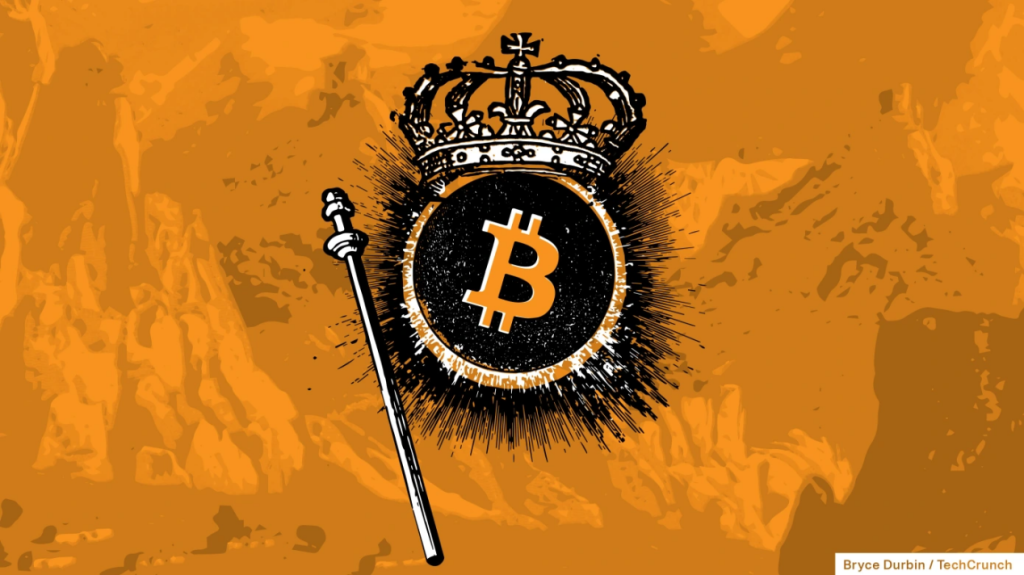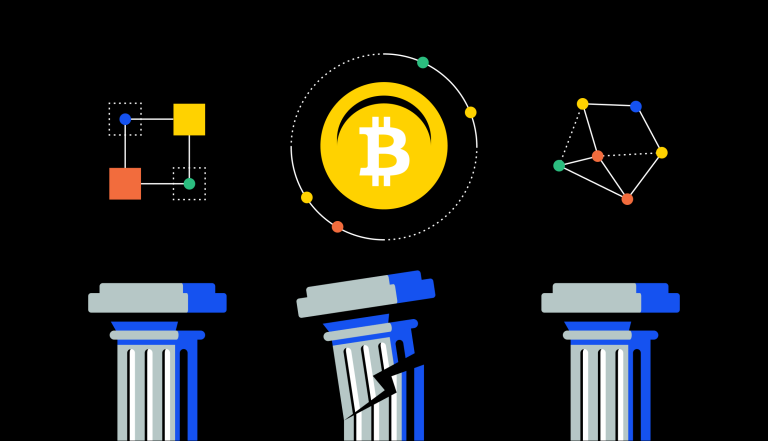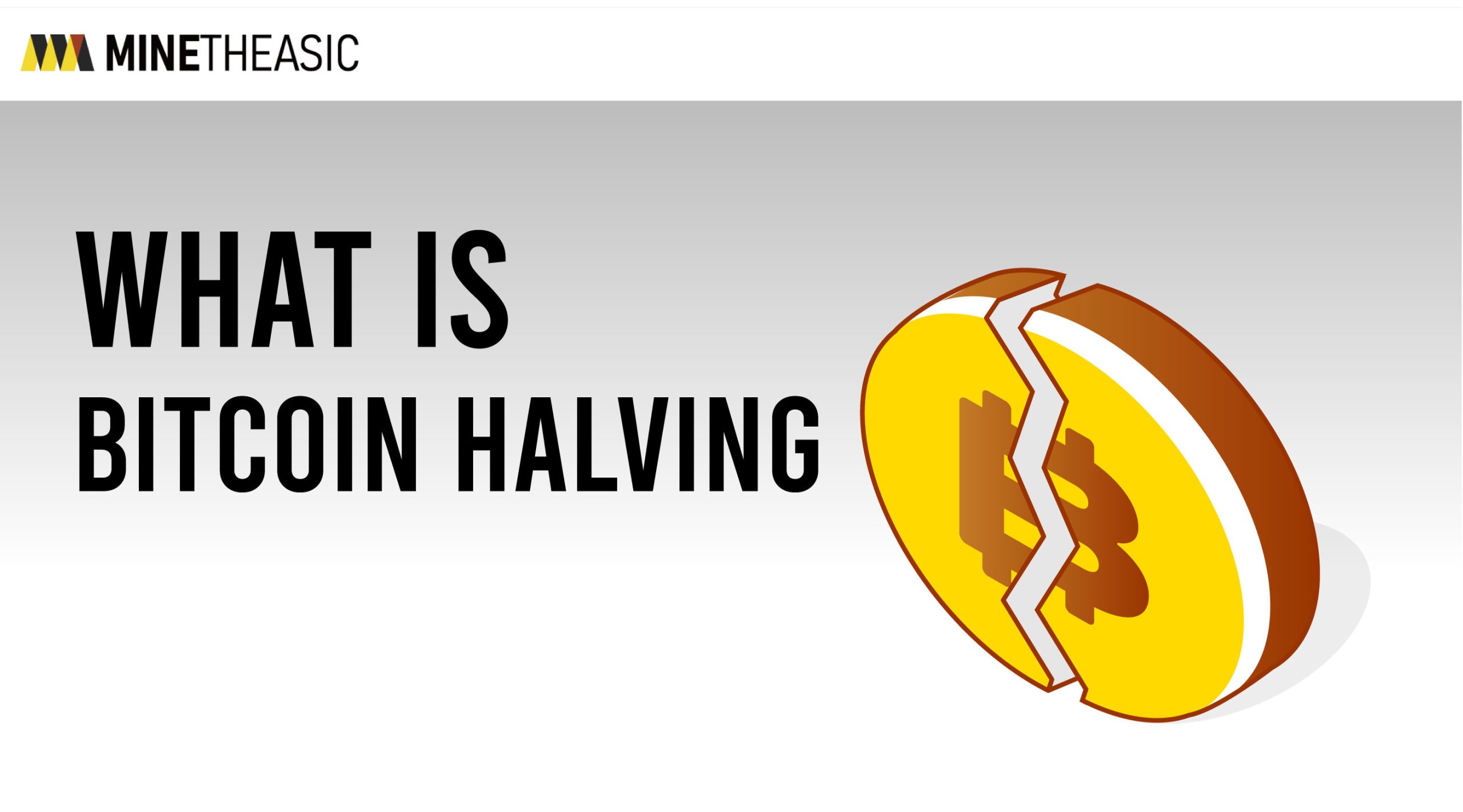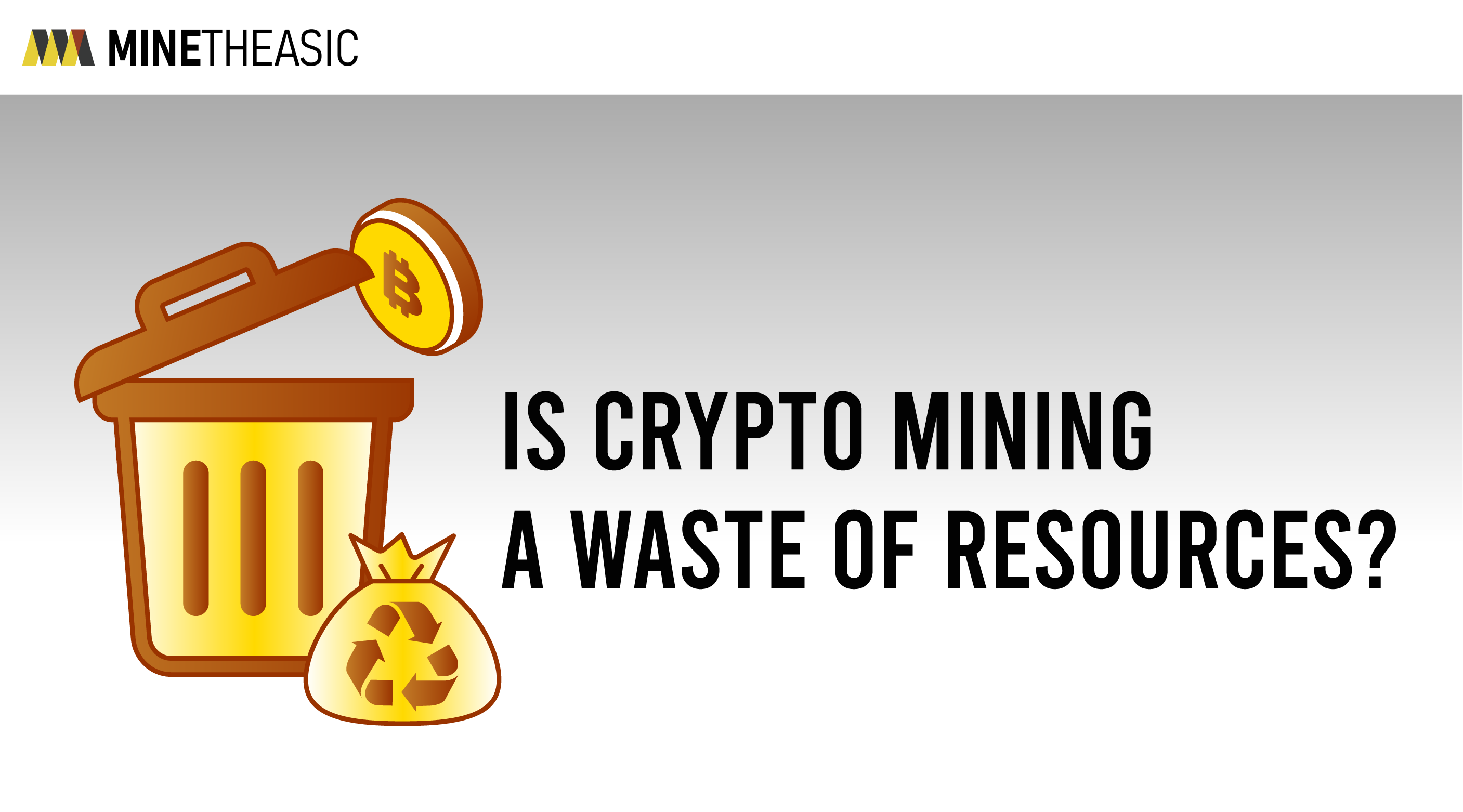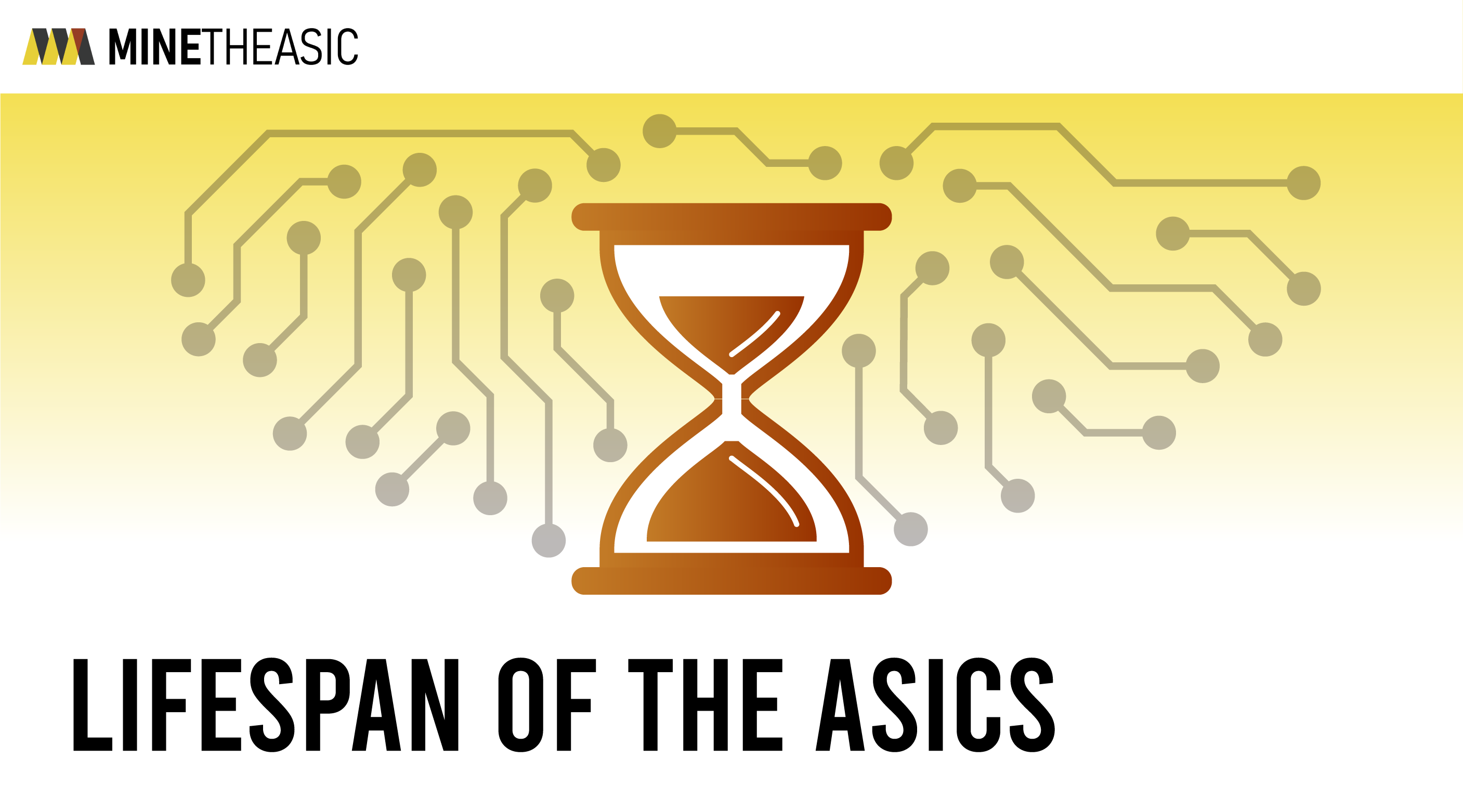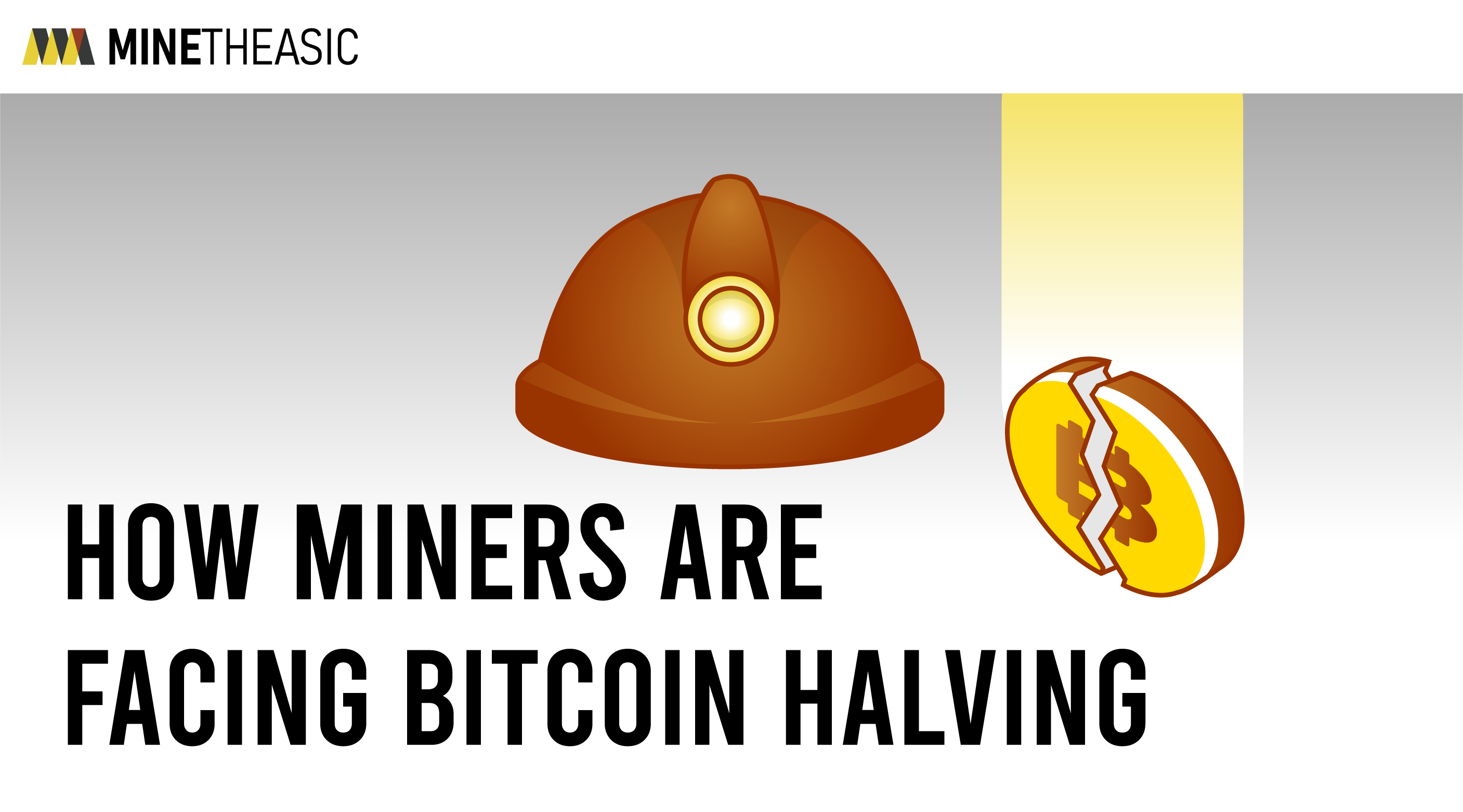A great man once said: Dare to smash an old world and create a new one!
In 2018, Bitcoin entered a frenzy mode, with its market value peaking at $20,000, and its price has now fallen to less than $4,000. Moreover, there is a hard limit of 21 million bitcoins. With the deepening of “mining”, the cost of bitcoins is getting higher and higher, and the market value of bitcoins cannot even reach its cost. Recently, more senior analysts believe that the final price of Bitcoin will be 0.
Bitcoin has now created a new world. Today’s global macroeconomic risks, low interest rates and negative interest rates have put heavy shackles on the old world.

There are two main difficulties in understanding Bitcoin. First, Bitcoin involves many aspects such as mathematics, cryptography, game science, computer science, programming, network communication, currency, economy, finance, international politics, sociology, etc. Concepts and original theories, understanding Bitcoin requires not only knowledge of the above aspects, but also a huge change in thinking. Second, understanding Bitcoin requires a combination of three perspectives. The birth of Bitcoin has a strong sense of idealism and liberalism. Supporters regard Satoshi Nakamoto as the unrivaled hero who changed the world and promoted the progress of human civilization, and Bitcoin as the second Internet revolution and the revolution of human organization. The invention of Bitcoin.
Bitcoin is essentially a set of programs that run all over the world. It is a set of books that are distributed all over the world but are completely consistent. It is a value transmission network composed of people who use it. The design of Bitcoin is simple, beautiful and ingenious, but to understand the principles of these designs, you need to understand computers, programming, game science, cryptography, mathematics, etc. There is a big threshold for understanding, but when you really understand, It will be amazing and amazed. Those concepts such as proof of work, longest chain principle, and blockchain ledger all have profound meanings and are full of the beauty of wisdom.
Content
Is bitcoin a currency?
We now look at it from a simple perspective, using the five functions of money (the function of money refers to the concrete manifestation of the essence of money). The five functions of currency are:
Scale of value
In fact, everything can be used as a measure of value, but the key lies in the inconvenience and whether its value will remain stable for a long time. Bitcoin, as something with a market cap, is not difficult to use to measure the value of other items. However, there is a huge bubble in Bitcoin, and its price fluctuations are too large. Bitcoin is not an excellent measure of value.
With the premise of the value scale, it is not difficult for Bitcoin to be used as a means of circulation, and in today’s electronic payment methods are so developed, Bitcoin as a digital currency has an advantage in this regard. But the problem is that Bitcoin is decentralized and is not controlled by a central government. Its transactions rely on large and small financial intermediaries. Due to the technical reasons of most financial intermediaries, and the decentralized nature of Bitcoin, it is inevitably slow.
Store of value
Generally, things that are valuable and not perishable have storage value, and Bitcoin also has its storage value, but it is a pity that the market value of Bitcoin has fluctuated too much and there is an obvious “bubble” (now it has burst), it is really not a A good store of value. Bitcoin is, after all, a string of data that you either store on your USB flash drive or with a financial intermediary. None of these practices are foolproof, however, especially for financial intermediaries large and small. According to one estimate, about 14% of all bitcoins have been stolen.
Means of circulation
It has to be said that Bitcoin is a failed transaction method. Due to its decentralized nature, Bitcoin transactions are often undertaken by various financial intermediaries. Since most financial intermediaries are not professional enough, their transactions The fee is really not low, a transaction fee is 0.65 US dollars, and the fee even reached 55 US dollars before. And even if we assume that the transaction cost of Bitcoin is “0”, Bitcoin also has many shortcomings. Mr. Satoshi Nakamoto set a hard limit of 21 million for Bitcoin in order to prevent Bitcoin from depreciating as “spam” like banknotes. However, most economies in the world are constantly developing. As a currency issued to the whole world, 21 million bitcoins are far from enough.
Bitcoin has been successful relative to other cryptocurrencies because Bitcoin has indeed made technological breakthroughs. However, Bitcoin is not backed by anything, and it is not controlled by any country in the world. It is unconstrained and has not escaped the clutches of speculators after all. The drop from $20,000 to $4,000 in about a year is proof that its “bubble” has burst.
So, does it mean that the existence of Bitcoin has no benefit or contribution to society or the world’s payment financial system?
Bitcoin’s Value System
Bitcoin is a product of the interactive development of the Internet and finance, and a product of the development of the times. Bitcoin is a currency issued based on a set of Internet protocols rather than credit. There is no issuing agency, no third-party agency, and no regulatory agency. The generation, transaction, and exchange of Bitcoin are all realized by all nodes in the entire Bitcoin network. Such a special currency has recently come into people’s field of vision because of its violent price fluctuations in exchange for sovereign currencies, and its “super-sovereign currency” feature has also attracted the attention of monetary scholars.
Bitcoin is also a symbol of value. Its value is reflected in the value of exchange in the field of exchange. However, it differs from sovereign currencies in that no country or economy endorses Bitcoin, and its purchasing power is not comparable to that of any economy. GDP pegged. The entire process of Bitcoin from production to circulation is based on the credit of the entire Bitcoin network to Bitcoin. Under the premise that the validity of any transaction can be guaranteed, an independent and free structure is the core value of Bitcoin. This article will analyze the characteristics of Bitcoin and its impact on the world monetary system.
Bitcoin is a financial innovation in the Internet age
Bitcoin is a “super-sovereign currency”. The reason why Bitcoin can become a “super-sovereign currency” is endowed by its “decentralization” feature. The Bitcoin system is based on the technical idea of peer-to-peer (P2P). P2P is a communication mode, and each participant has the same ability, that is, the status of each node in the entire network is equal, and there is no distinction between master and slave. Bitcoin cannot be created through means other than its generation mechanism, and the Bitcoin system will not stop working because of the suspension of operations of several large Bitcoin payment platforms or Bitcoin stock and foreign exchange exchanges. The only way to eliminate Bitcoin is to let The entire Internet stops Bitcoin-related coordination transmissions. Such a highly “decentralized” monetary practice is unprecedented in the history of human currency. This feature will help the establishment of a “super-sovereign currency” system and become an important financial tool to improve the existing international monetary system.
Since bitcoin transactions do not need to go through intermediaries such as the banking system and third-party payment platforms, bitcoin transactions are frictionless; since there are no intermediaries and regulatory agencies involved, bitcoin transactions are completely free. The transaction is not restricted and monitored by laws and financial supervision.
Bitcoin has the potential to function as a full currency. Internationally, Bitcoin has been widely accepted by IT practitioners in developed countries. They can pay for food in restaurants that accept Bitcoin; Goods and services; Canada has developed an automatic teller machine that can automatically exchange Bitcoin and sovereign currency notes; in the United States, there are specialized hedge funds like Grayscale engaged in arbitrage activities in the Bitcoin foreign exchange market, and Tesla accepts Bitcoin Payment, VISA, Paypal accepts payment in cryptocurrencies, NBA and NBA stars also support and invest in Bitcoin. In China, some of Baidu’s services accept bitcoin payments; Jet Li’s One Foundation charitable fund donates bitcoins. The acceptance of Bitcoin is growing with the number of people using it. When Bitcoin occupies a certain proportion of circulation in the world’s major economies, for example, when labor can be priced in Bitcoin, Bitcoin can be used excessively. The stage of the function of “measure of value”, “means of storage” and even “world currency”. At present, Bitcoin can only play the functions of “means of circulation” and “means of payment”.
The biggest advantage of Bitcoin is its “decentralization” feature based on the distributed database. Decentralization means that there is no issuing institution for Bitcoin, and no one can create Bitcoin out of thin air. The acquisition of Bitcoin must be obtained by an activity called “mining”, and the total amount of Bitcoin is constant. Therefore, the “decentralization” feature of Bitcoin can put an end to the “credit default” problem of the sovereign currency issuing authority. There is no transaction cost because Bitcoin transactions do not require an intermediary to verify the validity of the transaction. Without the participation of intermediary agencies in the transaction process, there is naturally no need to pay intermediary fees, which makes transactions using Bitcoin an idealized market with no friction at all.
Security is another major advantage of Bitcoin. Bitcoin transactions must be verified by the entire network. Every network node will verify each Bitcoin transaction. Only the Bitcoin with the longest billing chain will be considered as a real transaction by the entire network. established. To forge a transaction, the computer computing power of the “counterfeiter” needs to exceed the sum of the computing power of all nodes in the entire Bitcoin network, which means that the cost of “forging a transaction” or making “multiple payments” is extremely high; relying on the entire Bitcoin The network verifies the validity of all transactions, which is the organic unity of Bitcoin’s “de-neutralization” and “security”.
Bitcoin has positive significance for rebuilding the monetary system
After the outbreak of the international financial crisis, the Chinese government introduced a “four trillion” economic stimulus policy in response to the possible negative impact of the international financial crisis on China; at the same time, the United States issued a huge and continuous The long-term “quantitative easing” policy, especially after the outbreak of the new crown epidemic, the United States issued more than one billion U.S. dollars. Since the U.S. dollar is an international reserve currency, the large-scale issuance of U.S. dollars will transmit inflationary pressure to major economies in the world middle. After the outbreak of the global financial crisis, under the joint effect of the “quantitative easing” monetary policy of the United States and China’s “4 trillion” economic stimulus policy, my country has experienced a period of “high inflation”. Sovereign currencies acting as world currencies will reduce the efficiency of the monetary policy of the currency-issuing country, and at the same time will transmit the monetary policy made in response to the domestic economic situation to other economies. However, sovereign currency, as a world currency, can flexibly respond to changes in currency demand caused by new trends in world economic development, and people can flexibly formulate monetary policies to affect economic development.
Since the total amount of Bitcoin is “constant”, its circulation will be accompanied by the flow of goods and services, and its transmission effect on inflation is small. Adding the weight of Bitcoin to the world currency can weaken the transmission effect of monetary policy. However, due to the “decentralized” nature of Bitcoin, Bitcoin cannot be regulated and managed by humans. The purchasing power of Bitcoin increases with the number of people who are willing to join the entire Bitcoin network, and its purchasing power will not change due to fluctuations in the GDP of individual economies. In the case of accelerated development of world productivity and extremely unbalanced productivity levels among countries Bitcoin as a world currency will cause insufficient world currency supply and hinder the development of the world economy.
The biggest difference between Bitcoin and sovereign currency is that the latter has the economic development of the economy as the basis for its issuance and the government has enacted laws to stipulate that it is legal tender. Without the support of a statutory “real economy”, it is difficult for Bitcoin to realize its universal “value measure” function at present, and it is more of a “payment means” function. When the world is still conducting political, cultural and economic exchanges with countries as units, the existence of Bitby has great limitations and fragility. However, since Bitcoin is a “liberal currency”, when its acceptance reaches a certain level, it is very likely to achieve a qualitative leap in fulfilling the “scale of value”. Assuming that in such an economy, people are willing to accept wages paid in bitcoin to avoid taxes, then we can think that bitcoin can price labor in this economy, so bitcoin has a “real economy” , thereby obtaining the “value scale” function. As far as the current development is concerned, although Bitcoin does not yet have the function of a world currency, it can be accepted by people beyond national borders as an exchange value.
The Impact of Bitcoin on the World Monetary System
The U.S. subprime mortgage crisis that broke out in 2008 and the global financial crisis triggered by it exposed the defects of sovereign currencies as world currencies. For the countries that issue currencies in the world, the monetary policy should take into account the development of the international economy while serving the national economic development, and there are often contradictions between the two. The world currency issuing authority can neither ignore the international function of its currency and only consider domestic economic goals, nor can it sacrifice the domestic unemployment rate in exchange for a worldwide balance of currency supply and demand.
Bitcoin is an “emerging virtual currency”, which brings people new methods and new ideas to solve problems. I think Bitcoin can play an important role in the development of the world’s monetary system. Today, the development level of international productivity is different from the period when the “Bretton Woods system” collapsed. After the subprime mortgage crisis and the European debt crisis, the labor productivity of all countries in the world is in a weak state. China also lowered its GDP growth forecast. Moreover, the large economies in the world have maintained low interest rates year after year. The interest rates in the United States and Japan are close to zero interest rates, and there is no way to adjust interest rates. Therefore, these two countries used quantitative easing policies at all costs to stimulate economic development by injecting liquidity into the market. In such an era background, people’s demand for the liquidity of currency is weakening day by day, and the demand for confidence in currency is increasing day by day.
Blockchain technology
Some people will refute that the blockchain is a blockchain, and bitcoin is a bitcoin. This idea arises because they do not understand the development history of blockchain technology. In the earliest English original white paper of Bitcoin, the technical architecture of the later blockchain was called “chain of blocks”, and “blockchain” only came later.
Blockchain is a term in the field of information technology. In essence, it is a shared database, and the data or information stored in it has the characteristics of “unforgeable”, “retaining traces throughout the process”, “traceable”, “open and transparent”, and “collective maintenance”. Based on these characteristics, blockchain technology has laid a solid “trust” foundation, created a reliable “cooperation” mechanism, and has broad application prospects. On January 10, 2019, the State Internet Information Office issued the “Blockchain Information Service Management Regulations”. On October 24, 2019, during the 18th collective study of the Political Bureau of the Central Committee, it was greatly emphasized that “taking blockchain as an important breakthrough for independent innovation of core technologies” and “accelerating the development of blockchain technology and industrial innovation”. In the 14th Five-Year Plan for 2021, the blockchain is one of the contents of the seven major sectors of the digital economy. Therefore, the fact that Bitcoin brings blockchain technology alone requires everyone to be grateful and remember.
What you need to know about Bitcoin:
Energy consumption is not the same as carbon emissions
First, there is a significant difference between a system’s energy consumption and carbon emissions. While determining energy consumption is relatively straightforward, without knowing the precise energy mix, i.e., the makeup of the energy used by computers mining Bitcoin, you can’t extrapolate the associated carbon emissions. For example, hydroelectric power has a much smaller environmental impact than the same unit of coal power.
Bitcoin’s energy consumption is relatively easy to estimate. Hash rate is an important reference indicator (that is, the total computing power used to mine bitcoins and process transactions), and then make guesses about the energy requirements of miners using hardware, but carbon emissions are difficult to determine. Mining is a highly competitive industry, and miners are often not forthright about the details of their operations.
According to CCAF’s guess, in some cases, the energy costs used by miners in different countries are not the same. In addition, many analyst reports only summarize the energy mix at the national level, leading to inaccurate descriptions, especially for countries with diverse energy sources.
Therefore, the proportion of renewable energy used in Bitcoin mining will also vary greatly. In December 2019, Coinshare reported that 73% of Bitcoin’s energy consumption is carbon-neutral, largely due to the abundance of hydropower in major mining centers such as Southwest China and Scandinavia. On the other hand, CCAF estimated in September 2020 that Bitcoin’s energy consumption is nearly 39% carbon neutral, and even if the numbers are correct, this is still almost double that of the U.S. power grid, which shows that looking at energy consumption alone is difficult to determine Bitcoin’s carbon reliable method of emissions.
Unique Advantages of Bitcoin Mining
Another key factor that makes Bitcoin energy consumption different from other industries: Bitcoin can be mined anywhere. Almost all energy in the world must be produced relatively close to its end user, but Bitcoin has no such constraints, and miners are able to utilize electricity that is unavailable for most other applications.
Hydropower is the most famous example of this. Large amounts of renewable water resources are wasted every year during the rainy season in Sichuan and Yunnan provinces in China, where production capacity greatly exceeds local demand, and power storage technology is far from advanced enough to efficiently store energy from rural areas and transportation to cities that need it. It’s no coincidence, then, that these provinces are the heartland of China’s mining industry, responsible for nearly 10% of global bitcoin mining during the dry season and 50% of the world’s bitcoin mining during the wet season.
Another carbon-neutral mining avenue is natural gas. The process of oil extraction releases a large amount of natural gas, which pollutes the environment without transmission. Because natural gas is confined to remote oilfield locations, most traditional applications cannot efficiently harness this energy. But bitcoin miners from North Dakota to Siberia are seizing an opportunity to monetize this wasted resource, and some companies are even exploring how to generate electricity through more efficient control of natural gas. Of course, this is still a small player in Bitcoin mining today, and it has been calculated that the amount of gas in the US and Canada alone is enough to run the entire Bitcoin network.
Frankly, bitcoin monetizing surplus gas still creates emissions, and some see it as even a subsidy for the fossil fuel industry, incentivizing energy companies to invest more in oil extraction than they otherwise might. But revenue from bitcoin mining is a drop in the bucket compared to the demand in other industries that rely on fossil fuels, and that external demand is unlikely to disappear anytime soon.
Interestingly, there are also striking parallels in the aluminum smelting industry. The process of converting natural bauxite into usable aluminum is highly energy-intensive, and transporting aluminum is often inexpensive, so many energy-surplus countries have built smelters using their excess resources. In regions such as Iceland, Sichuan, and Yunnan, where the energy production capacity is higher than the local consumption capacity, the same conditions that motivate them to invest in smelting now make Bitcoin mining the main choice. There are even some old aluminum smelters, such as hydro Alcoa’s plant in Massena, New York, that have become bitcoin mining farms.
The Growth of Bitcoin Mining Evil Is Impossible
Because Bitcoin’s energy footprint is growing so rapidly, it’s sometimes thought that it will eventually take over the entire energy network. The New York Times recently cited a 2018 study that suggested Bitcoin could warm the planet by two degrees Celsius, but there are good reasons to believe that won’t happen.
First, as is common in many industries, the Bitcoin energy mix is becoming less carbon dependent each year. In the U.S., publicly traded, increasingly ESG-focused miners have gained market share, while mining based on coal power generation was recently banned in Inner Mongolia, one of the hardest-hit areas of coal surplus. At the same time, inspired by the “Paris Climate Agreement”, many organizations in the encryption mining industry have launched initiatives similar to the “Cryptocurrency Climate Agreement”, advocating and committing to reduce Bitcoin’s carbon footprint. Of course, as renewable energy sources such as solar power become more efficient and mining becomes more viable, bitcoin could end up being a significant incentive for miners to set up.
Furthermore, it is unlikely that miners will continue to expand mining operations at the current rate indefinitely. Miners receive a small fee (around 10% of a miner’s income) for the transactions they validate while mining, as well as a profit when they sell their bitcoins.
However, Bitcoin mining output is halved roughly every four years, and unless the price of Bitcoin permanently doubles every four years (which economics says is unlikely for any currency), the miner’s share of revenue will eventually decay to zero. As for transaction fees, Bitcoin’s natural limit on the number of transactions (less than one million per day), combined with users’ limited tolerance for payment fees, limits the growth potential of the revenue stream. In fact, there are also drawbacks to maintaining network transaction fees to maintain operations. If profit margins decline, the economic incentive to invest in mining will naturally decrease.
Of course, there are countless factors that affect Bitcoin’s environmental impact, but behind all of them is a question that is harder to answer with numbers. Is Bitcoin Worth It? It is important to understand that many environmental concerns are exaggerated, or are based on faulty assumptions or misunderstandings of how the Bitcoin protocol works.
When asking “does bitcoin have an environmental impact,” we’re talking about a lot less actual negative impact than you might think. But there is no denying that Bitcoin (like almost everything else that adds value in society) does consume resources. Like other energy-consuming industries, the cryptocurrency community should acknowledge and address these environmental concerns, work in good faith to reduce Bitcoin’s carbon footprint, and ultimately demonstrate that the social value Bitcoin provides is worth the resources required to maintain it.
Conclusion
Because Bitcoin’s energy footprint is growing so rapidly, it’s sometimes thought that it will eventually take over the entire energy network. The New York Times recently cited a 2018 study that suggested Bitcoin could warm the planet by two degrees Celsius, but there are good reasons to believe that won’t happen.
First, as is common in many industries, the Bitcoin energy mix is becoming less carbon dependent each year. In the U.S., publicly traded, increasingly ESG-focused miners have gained market share, while mining based on coal power generation was recently banned in Inner Mongolia, one of the hardest-hit areas of coal surplus. At the same time, inspired by the “Paris Climate Agreement”, many organizations in the encryption mining industry have launched initiatives similar to the “Cryptocurrency Climate Agreement”, advocating and committing to reduce Bitcoin’s carbon footprint. Of course, as renewable energy sources such as solar power become more efficient and mining becomes more viable, bitcoin could end up being a significant incentive for miners to set up.
Furthermore, it is unlikely that miners will continue to expand mining operations at the current rate indefinitely. Miners receive a small fee (around 10% of a miner’s income) for the transactions they validate while mining, as well as a profit when they sell their bitcoins.
However, Bitcoin mining output is halved roughly every four years, and unless the price of Bitcoin permanently doubles every four years (which economics says is unlikely for any currency), the miner’s share of revenue will eventually decay to zero. As for transaction fees, Bitcoin’s natural limit on the number of transactions (less than one million per day), combined with users’ limited tolerance for payment fees, limits the growth potential of the revenue stream. In fact, there are also drawbacks to maintaining network transaction fees to maintain operations. If profit margins decline, the economic incentive to invest in mining will naturally decrease.
Of course, there are countless factors that affect Bitcoin’s environmental impact, but behind all of them is a question that is harder to answer with numbers. Is Bitcoin Worth It? It is important to understand that many environmental concerns are exaggerated, or are based on faulty assumptions or misunderstandings of how the Bitcoin protocol works.
When asking “does bitcoin have an environmental impact,” we’re talking about a lot less actual negative impact than you might think. But there is no denying that Bitcoin (like almost everything else that adds value in society) does consume resources. Like other energy-consuming industries, the cryptocurrency community should acknowledge and address these environmental concerns, work in good faith to reduce Bitcoin’s carbon footprint, and ultimately demonstrate that the social value Bitcoin provides is worth the resources required to maintain it.

